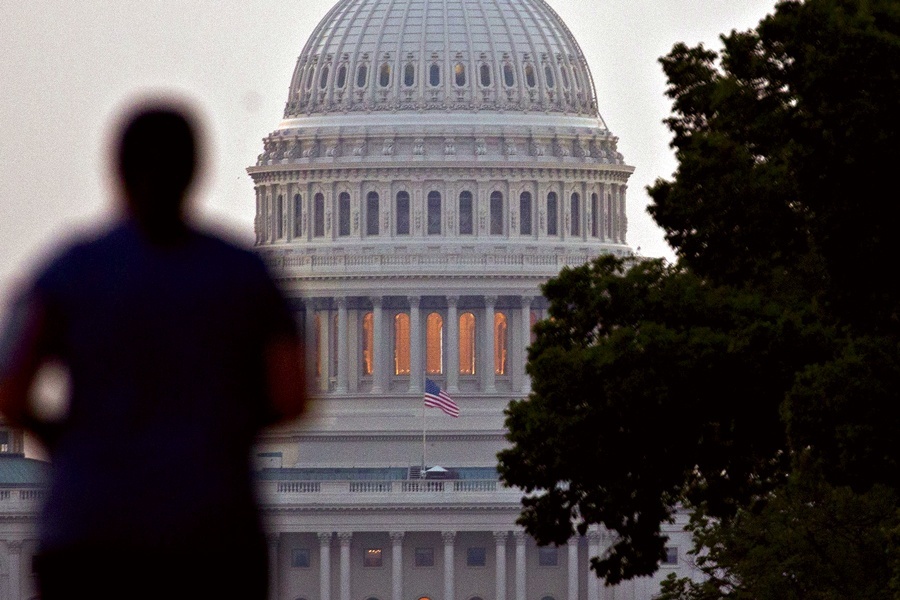High-level Democrats in the Senate and House of Representatives have asked a congressional watchdog to study the fallout from the now-defunct Department of Labor fiduciary rule, including the regulation's effect on a wide range of business practices and how those practices have changed since the rule was
killed in court.
Rep. Bobby Scott, D-Va., chairman of the House Committee on Education and Labor, and Sen. Patty Murray, D-Wash., ranking member of the Committee on Health, Education, Labor and Pensions, sent a
letter to the Government Accountability Office on the one-year anniversary of the fiduciary rule's official death in court.
The Obama-era rule increased advice standards in retirement accounts like 401(k) plans and IRAs to address conflicts of interest, and
had a profound impact on brokerage firms, financial advisers and the broad financial services industry.
The U.S. 5th Circuit Court of Appeals, in a 2-1 split decision,
struck down the rule on March 15 last year, contending that the DOL exceeded its authority in promulgating the rule. The court confirmed that decision a few months later, on June 21, when it
issued a mandate to make its decision effective.
The "unexpected" ruling, the lawmakers said, created "uncertainty and confusion for the financial services industry and the retirement world generally.
"In the past year, DOL appears to have done little, if anything, to warn retirement savers that they are now vulnerable to professionals who, according to DOL, have no obligation to put their clients' interest before their own," they wrote to the GAO.
The lawmakers are asking the GAO to study several items related to the DOL fiduciary rule: The degree to which financial services firms and advisers serving defined-contribution plans and IRAs assumed a fiduciary role due to the regulation; how firms' product line, compensation structure, product sales and revenue, and compliance costs changed; and the extent to which firms and advisers maintained or abandoned a fiduciary role following the 2018 appellate court ruling. Also, for those firms that didn't continue to be fiduciaries, what was the effect on product line, product sales and revenue, compensation structure and compliance cost?
Further, the lawmakers want to know how the Securities and Exchange Commission's
newly finalized investment-advice rule, issued June 5, will extend to retirement savers and plan participants.







